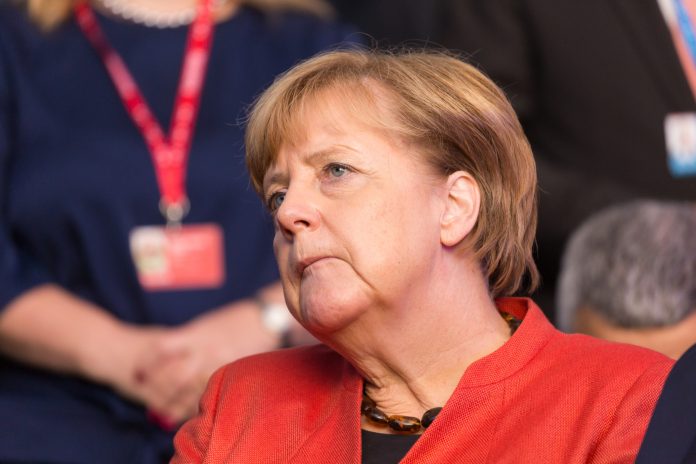German Chancellor Angela Merkel is reportedly planning to hold a special short-notice meeting with several EU member states to address the European Union’s migration crisis.
As reported by the German mass-circulation daily Bild on June 17, the possible meeting comes as Merkel struggles to avert a crisis within her coalition government on migration policy. She is engaged in a standoff with her interior minister, Horst Seehofer, over his plans to introduce stricter asylum laws, which would include turning people away at Germany’s borders.
According to Bild, the meeting could take place as early as next weekend, ahead of the regular EU summit scheduled for June 28 and 29 in Brussels.
As reported by Deutsche Welle (DW), Germany’s international broadcaster, Merkel is looking forward to finding solutions to the current crisis with EU member states, including Greece, Italy and Austria.
The migrant situation has threatened to worsen in recent weeks, especially after Italy’s new government refused to let a ship carrying hundreds of migrants dock at its ports. Italy has been a major entry point for migrants, especially from Africa.
“So far nothing has been decided — we are in the planning phase,” an Italian government source told Bild. “It is also unclear when the special summit could take place.”
It’s not yet clear whether Spain and the Balkan countries would attend the special summit, Bild said.
As for Merkel’s dispute with Seehofer, of Bavaria’s Christian Social Union (CSU) party, he wants to introduce new migration rules that would allow Germany to send people away at the border if they had already been refused asylum, or had applied for asylum, elsewhere in the EU.
Merkel, who heads the CSU’s conservative sister party, the Christian Democratic Union (CDU), disagrees. She has said that migrant policy can only be effectively agreed and implemented at the European level.
According to the Reuters news agency, if Seehofer were to defy Merkel and go ahead with his plans, Merkel would almost certainly be forced to fire him.
There is even talk that the 70-year-old conservative parliamentary alliance between the CDU and CSU could collapse. Without the CSU, Merkel’s coalition, which also includes the Social Democrats, would lose its parliamentary majority.
Merkel’s handling of the migrant crisis, which has resulted in the arrival of more than 1.6 million people since 2014, is widely blamed for a surge in support for the far-right Alternative for Germany, which entered parliament after a September election.

